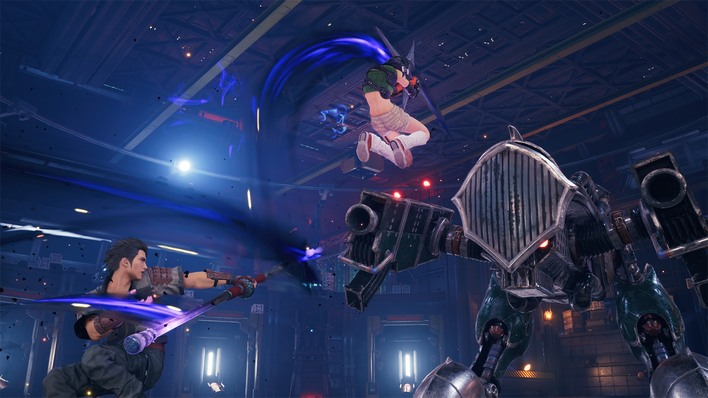Ubisoft Confirms A Permanent Price Hike For 'Big AAA' Game Releases
In case you're not much of a gamer, Ubisoft is one of the world's largest video game publishing houses. Based out of France, the company has tons of huge franchises including Assassin's Creed, Far Cry, Prince of Persia, Rayman, all of the Rainbow Six titles, Watch_Dogs, and many more. The company recently spoke to Axios as part of a press event and acknowledged that upcoming pirate action title Skull & Bones won't be the only $70 game.
Notably, the recently announced Assassin's Creed Mirage, which will be cross-gen on its release next year, has already been put down for a price of $50. That likely has as much to do with the game's smaller scale compared to other games in the series as with its cross-gen nature, but it's another interesting data point in this conversation.
The aforementioned difficulty of making these massive, detailed games is only part of the problem. Inflation plays a part, too; all of these companies' costs have gone up, and they say that that's a factor in the price increase. Still, it's arguable whether these companies should really be passing the costs on to consumers, as video game industry profits are higher than they've ever been.



